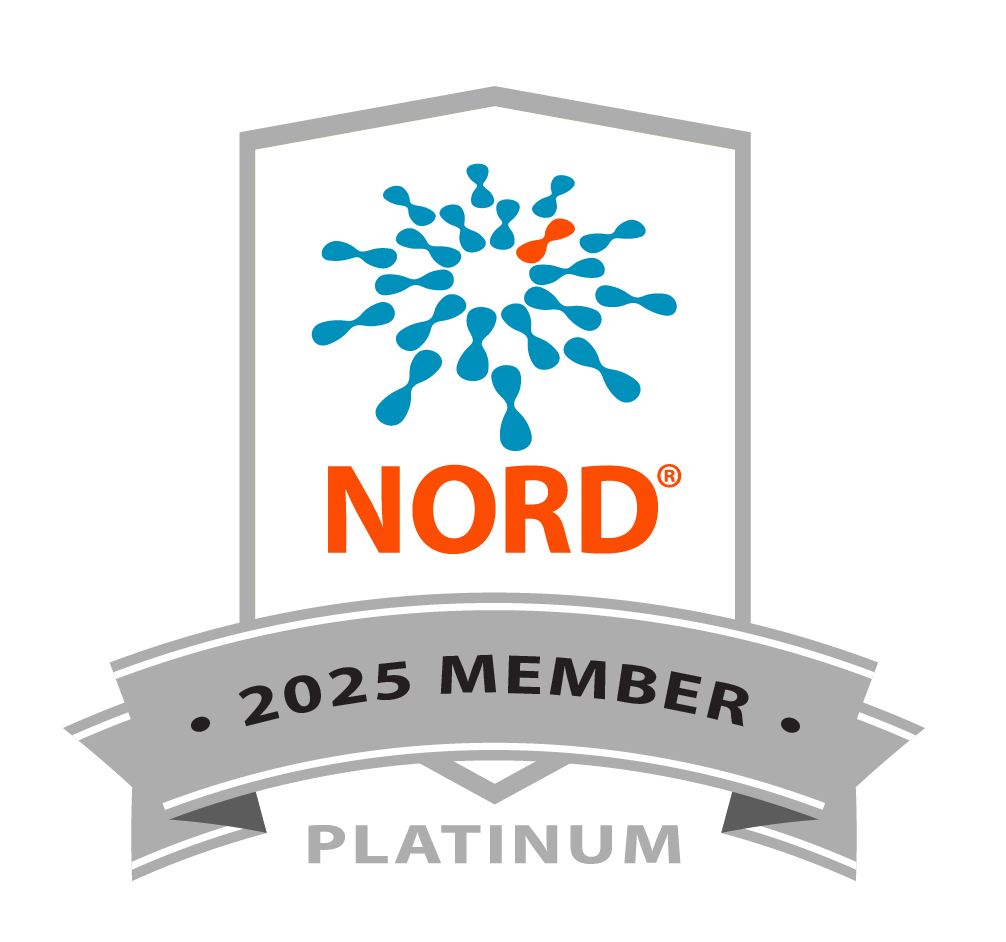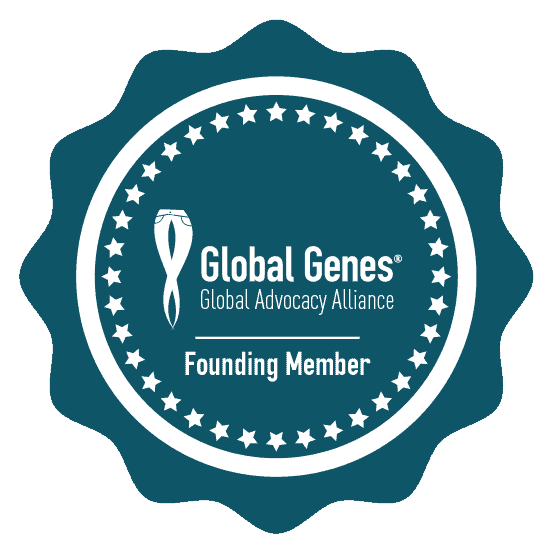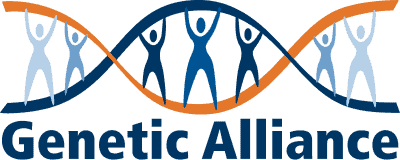If you would like to be added to our list of research labs, please contact info@rasopathiesnet.org
Pau Castel, PhD
Assistant Professor
Department of Biochemistry and Molecular Pharmacology
NYU Grossman School of Medicine
The Castel laboratory is interested in understanding the molecular mechanisms underlying oncoprotein-mediated transformation. Our laboratory uses biochemical, cell signaling, mouse modeling, and pharmacological approaches to elucidate the functions and regulation of different oncoproteins in cancer and congenital disorders. We are particularly interested in the RAS family of GTPases, which are involved in mitogenic signaling and are notorious drivers of cancer and neurodevelopmental syndromes.
https://med.nyu.edu/faculty/pau-castel
Bruce D. Gelb, MD
Director, Mindich Child Health and Development Institute
Co-Director, Cardiovascular Genetics Program
Icahn School of Medicine at Mount Sinai, New York, NY
The Gelb research group is focused on disease gene discovery using genomic techniques and characterization of the biological roles of such genes in disease pathogenesis. The focus of the laboratory currently is on those traits that are associated with heart malformations. In the past, we have identified disease genes for Char and Noonan syndromes. The former is TFAP2B, which encodes a transcription factor of the AP-2 family, and the latter include PTPN11, KRAS, SOS1, SOS2, RAF1 and SHOC2. We are studying the roles of these disease genes in normal developmental and homeostatic processes as well as in disease pathogenesis. We are actively studying additional human genetic traits, both simple and complex, to identify additional disease genes with a particular focus on traits with cardiovascular abnormalities. This is being done with next generation sequencing approaches, both whole exome and genome sequencing. Ongoing biologic studies focus on disease modeling using induced pluripotent stem cells, including creating mutations or correcting them with CRISPR technology. We are also studying disease genes and performing drug discovery in Drosophila melanogaster.
https://profiles.mountsinai.org/bruce-d-gelb
Tamar Green, MD
Associate Professor of Psychiatry and Behavioral Sciences (Interdisciplinary Brain Sciences) and, by courtesy, of Pediatrics
Psychiatry and Behavioral Sciences – Interdisciplinary Brain Sciences
Practices at Stanford Medicine Children’s Health
The Brain Imaging, Development, and Genetic (BRIDGE) Lab focuses on disorders associated with child development, such as attention deficits, hyperactivity, and autism spectrum disorders. We apply two unique approaches in our research. Initially, we take a “genetic first” approach studying children with known genetic conditions who present with attention problems, hyperactivity, and deficits in social cognition. This approach contrasts with traditional research focused on the genetic causes of developmental disorders. Second, we apply in-depth phenotyping of the child’s brain, genes, and behavior using brain imaging, genetic testing, and behavioral assessment. Consequently, we aim to uncover biological principles of how genetic variation and its associated downstream pathways affect children’s developmental disorders.
https://profiles.stanford.edu/tamar-green
Karen W. Gripp, MD, FAAP, FACMG
Chief, Division of Medical Genetics, AI du Pont Hospital for Children
Professor of Pediatrics, T. Jefferson Medical College
AI du Pont Hospital for Children/Nemours, Wilmington, DE
Dr. Karen Gripp is the director of the RASopathies program at the A.I du Pont Hospital for Children in Wilmington, DE. Her research is focused on how these conditions, including Noonan syndrome, Neurofibromatosis type 1, CFC and Costello syndrome, affect the individuals. Improved understanding of how specific gene mutations affect the person will ultimately allow for improved medical care. Dr. Gripp collaborates with Katia Sol-Church, PhD, director of the biomolecular core laboratory, on the laboratory aspects of this work. This collaboration combines research expertise in the clinical and the laboratory area, and has resulted in numerous publications and reviews. These publications provide information for families, because they can be shared with treating physicians anywhere.
https://www.nemours.org/find-a-doctor/5046-karen-gripp-genetics-wilmington.html
Maria Irene Kontaridis, PhD
Executive Director at Masonic Medical Research Institute
Utica, NY
Dr. Kontaridis is focused on studying the functions of both the SH2 domain-containing protein tyrosine phosphatase (SHP2), the Protein tyrosine phosphatase 1B (PTP1B), and the phosphoglycolate phosphatase (PGP) in heart development and disease. Dr. Kontaridis’ research on SHP2 has unveiled novel functional dimensions for this phosphatase. Notably, Dr. Kontaridis was the first to uncover that mutations associated with NSML are loss-of-function and render SHP2 catalytically inactive, whereas mutations in NS are gain-of-function and lead to increased activity of SHP2. This paradigm-shifting revelation has transformed the understanding of phosphatase function within cellular signaling networks, advocating for a mutational-based approach in distinguishing RASopathies as well as created an opportunity to consider the role of these enzymes in phosphatase-dependent versus independent capacities in mediating downstream molecular signaling effects.
Bruce Korf, MD, PhD
Professor Emeritus Genomics
The University of Alabama at Birmingham
https://scholars.uab.edu/2197-bruce-korf/about
Frank McCormick, PhD, FRS
Director, UCSF Helen Diller Family Comprehensive Cancer Center
University of California San Francisco (UCSF)
My research is focused on signal transduction pathways in cancer cells, and ways of treating cancer based on these pathways. The Ras pathway has been my primary interest, although we are also interested in metabolic differences between cancer cells and normal cells, and defects in cancer proteins related to mitotic checkpoints. My lab is attempting to understand how oncogenic Ras alters cell growth and survival in cancer cells, and in cells from patients suffering from neurofibromatosis. The Ras pathway is negatively regulated by intrinsic pathways that are not well understood, including those involving ephrins and sprout proteins. We are using biochemical methods to elucidate these pathways at the molecular level, and hope that this will lead to new ways of blocking Ras activity for therapeutic purposes.
http://cancer.ucsf.edu/people/profiles/mccormick_frank.3382
https://mccormicklab.ucsf.edu/new-ways-targeting-ras
Benjamin G. Neel, MD, PhD
Professor, Department of Medicine
NYU Langone
Rene Pierpont, PhD, LP
Assistant Professor of Pediatrics
Division of Clinical Behavioral Neuroscience
Masonic Institute for the Developing Brain
University of Minnesota Medical School
Dr. Pierpont’s research on the RASopathies has focused on cognitive and behavioral characteristics of Noonan syndrome and CFC syndrome. The goal of this research is to investigate the nature of common behavioral and learning issues, and to identify risk and protective factors for neuropsychological impairments. Eventually, Dr. Pierpont aims to develop treatment interventions that can enable children with RASopathies to achieve their full potential academically, socially and emotionally. In her current clinical work, Dr. Pierpont conducts neuropsychological evaluations and consultations for children with complex medical conditions (e.g., congenital heart disease, seizures, brain tumors), inherited metabolic disorders, brain injury, and a variety of other neurodevelopmental or social-emotional challenges. Dr. Pierpont has specialized expertise in assessment of children with genetic syndromes such as: neurofibromatosis type 1; Noonan syndrome; fragile X syndrome; Down syndrome; Williams syndrome; 22q deletion syndrome; and rare chromosomal anomalies. Dr. Pierpont is licensed as a psychologist through the Minnesota Board of Psychology. She works with individuals during infancy through young adulthood.
https://med.umn.edu/bio/rene-pierpont
https://sites.google.com/a/umn.edu/mind/home
Katherine A. Rauen MD, PhD
Professor Emeritus
Department of Pediatrics
Division of Genomic Medicine
UC Davis MIND Institute
https://health.ucdavis.edu/mind-institute/
Amy E. Roberts, MD
Associate Professor of Pediatrics
Harvard Medical School
Co-Director, Cardiovascular Genetics Center
Director, Cardiovascular Genetics Research Program
Senior Associate Cardiologist, Department of Cardiology
Boston Children’s Hospital
Dr. Roberts is trained in both clinical genetics and pediatrics. Her research focuses on genotype phenotype correlations in Noonan syndrome and other Rasopathies and Noonan syndrome gene discovery. She also is interested in genetic causes of congenital heart disease. Dr. Roberts is the Director of the Boston Children’s Hospital Cardiac Gene Project (BCH CGP), a registry and DNA repository for families affected by congenital heart disease. She is the director of clinical cardiovascular genetic research for the department. Her principal clinical activities involve a cardiovascular genetics clinic and inpatient consultation for children with a potential genetic cause of their congenital heart disease. Her interests include Noonan syndrome, CFC syndrome, Williams syndrome, hypoplastic left heart syndrome, 22q11 deletion syndrome and cardiomyopathy.
https://www.childrenshospital.org/directory/amy-roberts
https://connects.catalyst.harvard.edu/Profiles/display/Person/52201
Suma P. Shankar, MD, PhD
Chief, Genomic Medicine Division, Department of Pediatrics
Director of Precision Genomics
Professor, Departments of Pediatrics and Ophthalmology
Dr. Shankar is a pediatric and adult geneticist offering care for a wide range of rare and ultra rare genetic disorders. She is the director of Precision Genomics Program that serves individuals going through “Diagnostic Odyssey” using state-of-the-art Whole Genome Sequencing (WGS). Her special interests and expertise include ophthalmic genetic disorders, non verbal neurodevelopmental disorders/autism spectrum disorders and RASopathies.
Stanislav Y Shvartsman, PhD
Principal Investigator, Shvartsman Lab
The Lewis-Sigler Institute for Integrative Genomics
Princeton University, New Jersey
Our laboratory is working on the quantitative biology of RASopathies. We are developing new ways to explore the altered biochemical activities of the mutant variants of the RAS pathway components and their effects of on developmental dynamics. Current projects include systems biochemistry of protein phosphorylation networks and quantitative studies of RAS-dependent tissue patterning and morphogenesis.
David A. Stevenson, MD
Professor of Pediatrics (Genetics)
Stanford University
My research focuses on disorders of the RAS/MAPK pathway (e.g. NF1, Noonan, CFC, and Costello syndrome). I am working on understanding the impact of RAS signaling on the musculoskeletal system. Through multi-disciplinary collaborations I am utilizing genomic approaches to identify somatic events and modifiers in the RASopathies. I am also involved in identifying outcome measures for use in clinical trials for the associated orthopedic manifestations. Other areas of research involve vascular anomalies, Prader-Willi syndrome, and hypophosphatasia.
Reza Ahmadian, PhD
Group Leader
Institute of Biochemistry & Molecular Biology II
Heinrich-Heine University
My research focuses on structure-function relationships in the RAS interaction with its regulators, effectors and accessory proteins, which can be summarized in two main themes: (i) Biomolecular control mechanisms and (ii) signaling networks of disease-relevant signal transduction pathways. Discovering and understanding of new control mechanisms of the RAS signaling network will constitute a crucial basis for the development of novel treatment strategies for RASopathy patients.
Ion Cristian Cirstea, PhD
Group Leader, “RAS Biology Research Group”
Institute of Applied Physiology
Ulm University, Germany
Cirstea Research Group focuses on the identification of novel RAS-controlled biological processes and -signaling pathways that are implicated in cancer, RASopathies and neuronal development, energy metabolism, and premature aging and aging-related diseases. For our research, we use cellular and mouse models and a wide variety of cell-based and biochemical techniques.
https://www.uni-ulm.
Christian Kratz, MD
Professor of Pediatrics
Department Chair: Pediatric Hematology and Oncology
Hannover Medical School
Studies on cancer risk associated with Ras pathway mutations
https://www.mhh.de/kinderonkologie/mitarbeiterinnen-und-mitarbeiter/prof-dr-med-christian-kratz
Martin Zenker, MD
Professor for Human Genetics
Otto von Guericke University
Institute of Human Genetics
University Hospital Magdeburg, Germany
We have been involved in and are still working on projects regarding genetic changes that cause RASopathies: identification of novel genes and functional characterization of mutations in either known or novel genes. Directly related to this is our research on genotype phenotype correlations: to what extent can individual mutations predict the outcome, what changes are associated with specific risks such as tumor, progressive heart disease etc. For this purpose we have developed a genotype phenotype database (nseuronet.com). We have started on basic research regarding neurocognitive issues in RASopathies and are shifting our focus on pre-clinical research aimed at the identification of innovative treatment approaches.
Chiara Leoni, MD, PhD
Center for Rare Disease
Fondazione Policlinico Universitario Agostino Gemelli IRCCS
RASopathies research interests: diagnosis and management, in particular gastrointestinal and nutritional problems, muscle-skeletal and neurological problems (intellectual disability, epilepsy).
Ype Elgersma, PhD
Professor of Molecular Neuroscience
Department of Neuroscience
Erasmus University Medical Center
Scientific director of ENCORE Expertise Centre for Neurodevelopmental Disorders
Our lab seeks to get insight in the molecular mechanisms underlying intellectual disability caused by a genetic mutation. Central to our approach is the use of genetically engineered mice as a tool to dissect these mechanisms. Mice we currently work on, are models of Neurofibromatosis, Costello syndrome, Tuberous sclerosis complex and Angelman syndrome. The mice are analyzed at the biochemical, cellular and behavioral level. By analyzing the mutant mice at all these levels we hope to understand the specific function of these genes and proteins in synaptic plasticity, and to get insight in the mechanisms that underly cognitive impairments.
To translate our findings to the clinic, we have founded the ENCORE expertise center for neurodevelopmental disorders (https://encore-expertisecentrum.nl/). This is a fruitful and stimulating collaboration of many departments within the Erasmus MC-Sophia Children’s Hospital. ENCORE is the largest center of its kind in The Netherlands. The NF1, and CFC/Costello syndrome expertise centers are part of ENCORE. We are currently running several clinical trials with ENCORE, all aiming to improve the quality of life of these children.
Jesus Lacal, PhD
Associate Professor
Functional Genetics of Rare Diseases
Division of Genetics – University of Salamanca, Spain
We focus on the study of functional genetics in Noonan syndrome, Legius syndrome and neurofibromatosis type 1, and the molecular mechanism behind them.
I also work with the Pediatric unit of Rare Diseases of the University Hospital of Salamanca.




